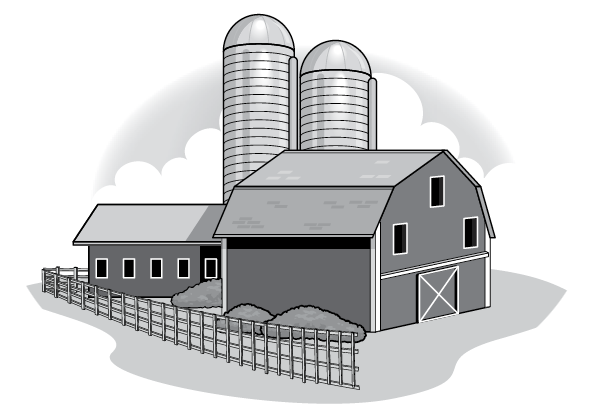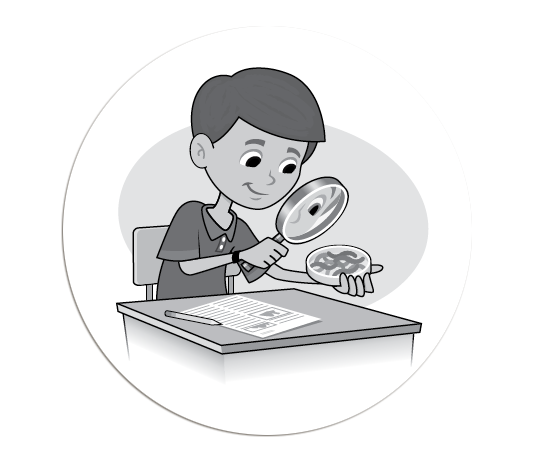Significant Surroundings
Students identify basic animal behaviors, hypothesize what causes them, and discover the responsibilities of an animal physiologist.
Background
Lesson Activities
Recommended Companion Resources
Credits
Author
Mandi Bottoms and Sherrie Taylor Vann | California Foundation for Agriculture in the Classroom
Acknowledgements
This lesson was funded in 2012 by the United States Department of Agriculture’s National Institute of Food and Agriculture through the Secondary Education, Two-Year Postsecondary Education, and Agriculture in the K-12 Classroom Challenge Grants Program (SPECA). Graphics submitted by California Foundation for Agriculture in the Classroom.
Executive Director: Judy Culbertson
Illustrator: Erik Davison
Layout and Design: Nina Danner
Standards
National Content Area Standards
- Science
- 3-LS4: Biological Evolution: Unity and Diversity
- 3-LS4-4: Make a claim about the merit of a solution to a problem caused when the environment changes and the types of plants and animals that live there may change.
- 4-LS1: From Molecules to Organisms: Structures and Processes
- 4-LS1-1: Construct an argument that plants and animals have internal and external structures that function to support survival, growth, behavior, and reproduction.
- 4-LS1-2: Use a model to describe that animals receive different types of information through their senses, process the information in their brain, and respond to the information in different ways.
- 3-LS4: Biological Evolution: Unity and Diversity
 This lesson is one in a series of five related lessons to promote the development of STEM abilities and critical thinking skills, while fostering an appreciation for the people involved in livestock production. For more information about what STEM is, why it's important, and how it can be implemented in your classroom, watch the video,
This lesson is one in a series of five related lessons to promote the development of STEM abilities and critical thinking skills, while fostering an appreciation for the people involved in livestock production. For more information about what STEM is, why it's important, and how it can be implemented in your classroom, watch the video,  Divide students into small groups and distribute the materials. Instruct students to observe their mealworms using a hand lens and record their findings on the “My Observations” section of the
Divide students into small groups and distribute the materials. Instruct students to observe their mealworms using a hand lens and record their findings on the “My Observations” section of the